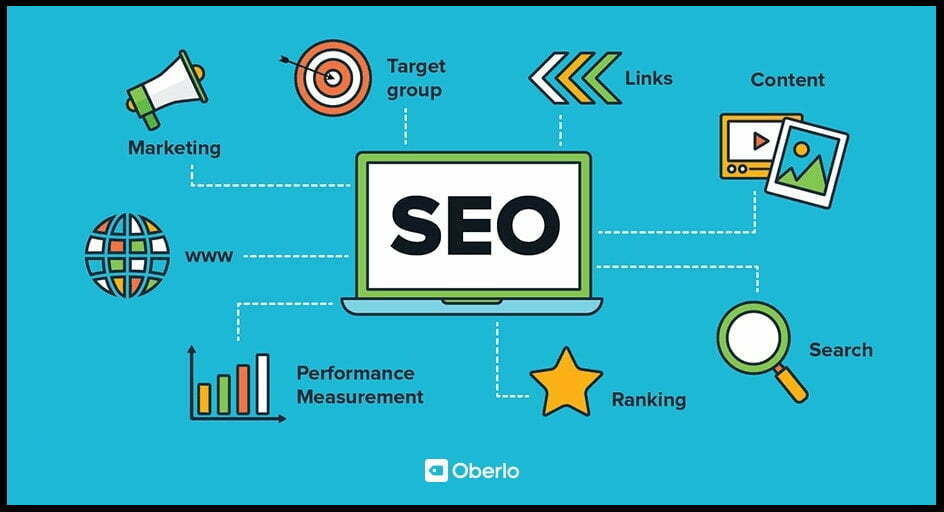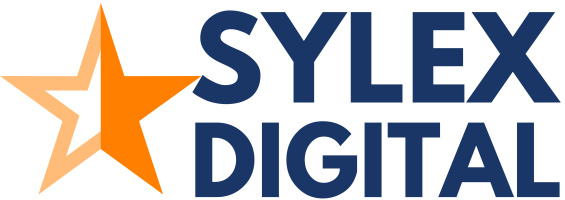You have overhauled your brick-and-mortar business to the digital world and have a website ready to go. Now, all you need is an efficient digital marketing strategy that will put your website at the forefront.
One of the digital marketing strategies that enable your business to gain enhanced online presence and amplified traffic is Search Engine Optimization.
When a user looks for something online, they will type in some keywords in the search engine. The search engine will then display websites based on those results. This is where search engine optimization comes in.
SEO is the science of adapting, developing, and tuning the material of a website and promoting it on other websites on the Internet. This increases the chances of those web pages showing up on the Search Engine results pages (SERPS) when a user types a specific keyword.
SEO is the alchemy to get Google to include your content as one of the best results when looking for that term. Now we will go further into SEO, so you can have a better understanding of its components.
READ MORE: How to Start Couponing For Beginners?
Keyword Research
Keyword is the word or phrase that a user enters the search engine while looking for something online.
Sometimes a very slight modification in the term might lead to a whole new collection of web pages. It is really vital to choose keyword targets for effective SEO optimization.
It is unrealistic to say that all websites will score the top spot on search engine result pages since most of the valuable keywords are heavily disputed.
So, an essential part of SEO’s work is to find exact phrases that a company might fight for the highest ranking. SEO professionals can benefit their customers’ comprehension of search engine algorithms.

The Importance Of Being In The First Place On Google
When visitors visit the very first page of SERPS, they prefer to view and visit the sites at the top of the list for a variety of reasons.
This is because of the reason because they will normally see these results first, but they often assume that the websites at the forefront are more likely the best ones to visit since Google must have figured it out.
READ MORE: What are the traffic sources of a site
Search Engine Optimization Financial Incentive
If you rank high on the search engine results page, then your business will gain maximized sales. This becomes possible when your website ranks higher than the competitors and the users prefer your website over others.
These financial incentives have fueled the acceptance of search engine optimization and the increase in the quantity of SEO service providers.
There are two types of search engine optimization techniques- on-page SEO and off-page SEO.
On-site SEO
On-site search engine optimization deals with your website’s characteristics, such as the text on its web pages, the background of HTML code, and the hosted domain.
It also ensures that the search engines find your website first and that it featured the material on your website in their databases. Several things must happen in order for your site to show in the search results.
Off-site SEO
Off-site SEO considers external variables such as other websites that connect with yours. Backlinks, also known as inbound links, are a big part of off-site SEO. They are hyperlinks of other sites that redirect visitors to your site when they click on them.
Backlinks add value to the website to its users and deliver the most stable long-term rankings. If your website provides anything which your users find valuable, they are more likely to return to it and connect to it.
They may do this in a variety of ways, including connecting to your website from their own website, press releases, online articles, or other social media accounts.

Crawling and Indexing
The search engines must be aware of your website’s presence. If the content of your website is published on a different server, then it is of utmost importance that Google knows its existence. When the search engine recognizes your website’s content, it will use software known as a “spider” to read the data on the website.
The spider of Google is known as “Googlebot,” and every search engine has a spider of its own. The content of your files will be evaluated for inclusion in Google’s index once they have been read.
There’s a possibility that some material may be left out because it either failed to serve the search intent or Google couldn’t index it.
Sometimes, impediments in the site code prohibit Googlebot from following and interpreting the code, and these barriers or blockages might obstruct your site’s indexation. Therefore, your website must be optimized in a way that search engines face no problem in indexing it.
READ MORE: Things to Do Before Launching Your WordPress Site
Conversion Rate Optimization
SEO services may also include a conversion rate optimization (CRO), which handles how to maximize a viewer’s possibilities to carry out activities that fulfill your targets.
A conversion may be a sale, or it may be any other definable action you want your visitor to do, such as registering for a newsletter, contacting the business, or downloading a file for sites that don’t sell online.
Search Intent
Another great way of explaining search engine optimization to newbies or beginners is by letting them be aware of the user’s search intent.
SEO is a targeted source for attaining qualified traffic. SEO connects with businesses with leads or customers who are actually searching for them.
READ MORE: 7 Reasons Swift is The future of iOS App Development
Concluding Remarks
What SEO means is using all these SEO tactics to maximize the number of relevant visitors. The proper choice of phrases and an efficient SEO strategy may help guarantee that your site brings the organic audience to the most relevant pages of your website.
The incorrect choice of terms may not lead to a ranking or even a high ranking and attract the wrong visitors.

